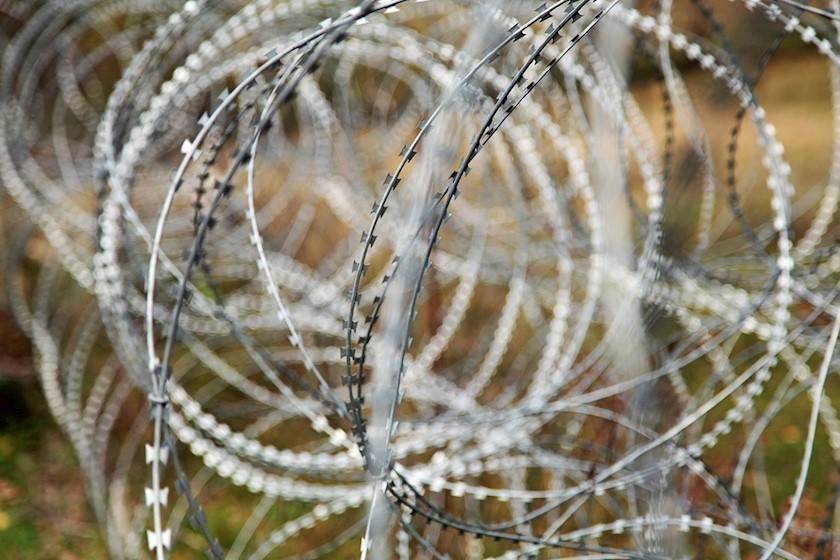საერთო ცხელი ხაზი +995 577 07 05 63


Human Rights Education and Monitoring Center (EMC) responds to the tragic death of Margo Martiashvili, local from the village Ikoti in Akhalgori region and the harsh humanitarian and social conditions, in which persons across occupation line live throughout the last few months.
On September 4, 2019, de facto government of South Ossetia arbitrarily closed the checkpoit of Mosabruni (so-called Razdakhani)[1] which it planned to open in 2 days, however, the opening of police guard post in the village of Chorchana, and related processes, became another pretext for Tskhinvali de facto governmnet to close so-called borders and place the population under complete isolation and humanitarian crisis.
Local from the village of Akhalgori Margo Martiashvili was transferred to Tskhinvali hospital based on the assumed diagnosis of a stroke on 28 October. Due to restrictions imposed by Tskhinvali de facto government the patient could not have been brought to the territory controlled by Georgia, therefore he could not be provided with urgent medical care timely and died. It is noteworthy that the medical centers in Tskhinvali are not equipped with appropriate infrustructure, equipment and qualified personnel, because of this they cannot provide appropriate medical service to local population and in fact the majority of Akhalgori residents receive their treatment in Georgian hospitals.
Death of Margo Martiashvili is a tragic illustration of the harsh humanitarian situation, which is caused by the arbitrary closing of so-called checkpoints and restriction of freedom of movements by de facto government.
This is the second large-scale case of closing so-called border in 2019, similar cases can also be recalled from previous years. During Janauary – March of 2019 the Ossetian de facto government restricted freedom of movement based on the pretext of preventing spread of a virus. The checkpoints were also closed for smaller periods on various grounds.
Isolation of population across occupation line and restriction of freedom of movement represents a kind of political leverages used by de facto regimes periodically for gaining influence over central government or for political speculations. Such restrictions, in turn, are a heavy burden first of all for the local population. The arbitrary closing of checkpoints causes number of critical problems, among others, restricts access to basic goods and services, such as medicine, food products, urgent medical care, social assistance services, including pensions, which in most cases is the only source of income and subsistence. Problems arise in relation to access to education, too. Apart from that, arbitrary restriction of freedom of movement disrupts family relationships and unions. The population across occupation line is placed under complete informational isolation, apart from that, this practice is used by de facto government to prevent flow of information from the de facto regime.
In this situation it is important that the Georgian Government
The website accessibility instruction